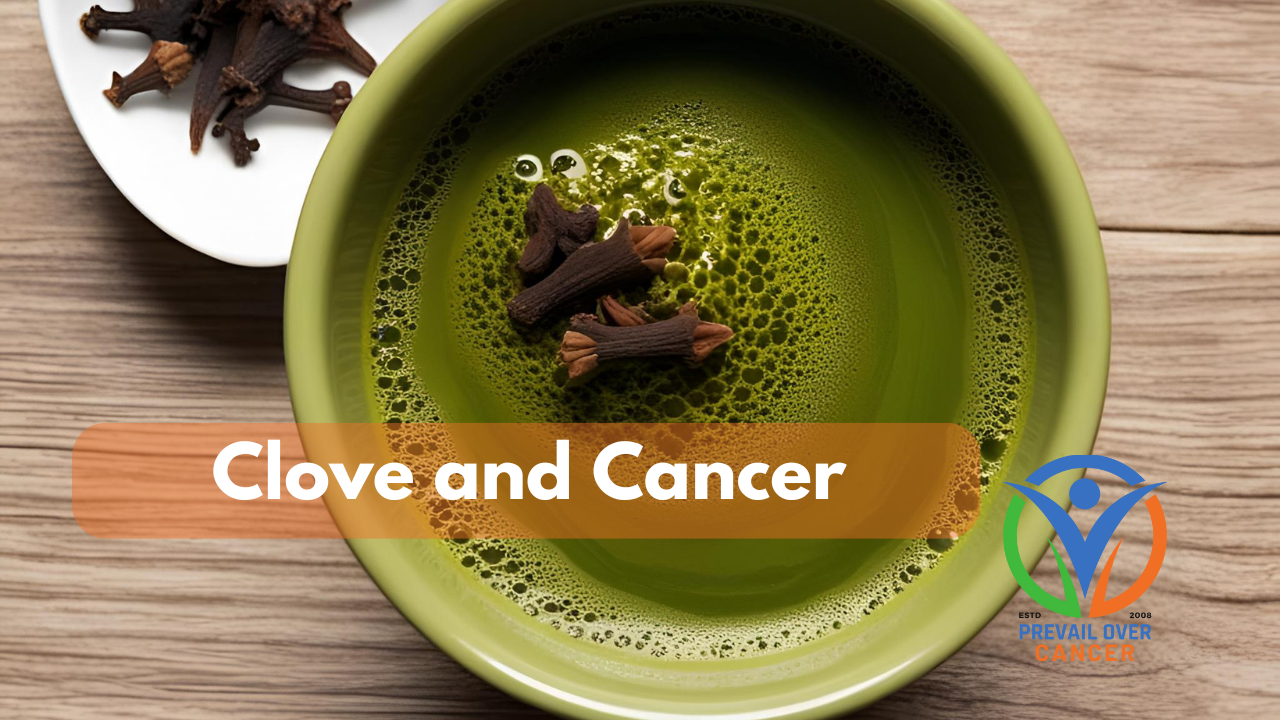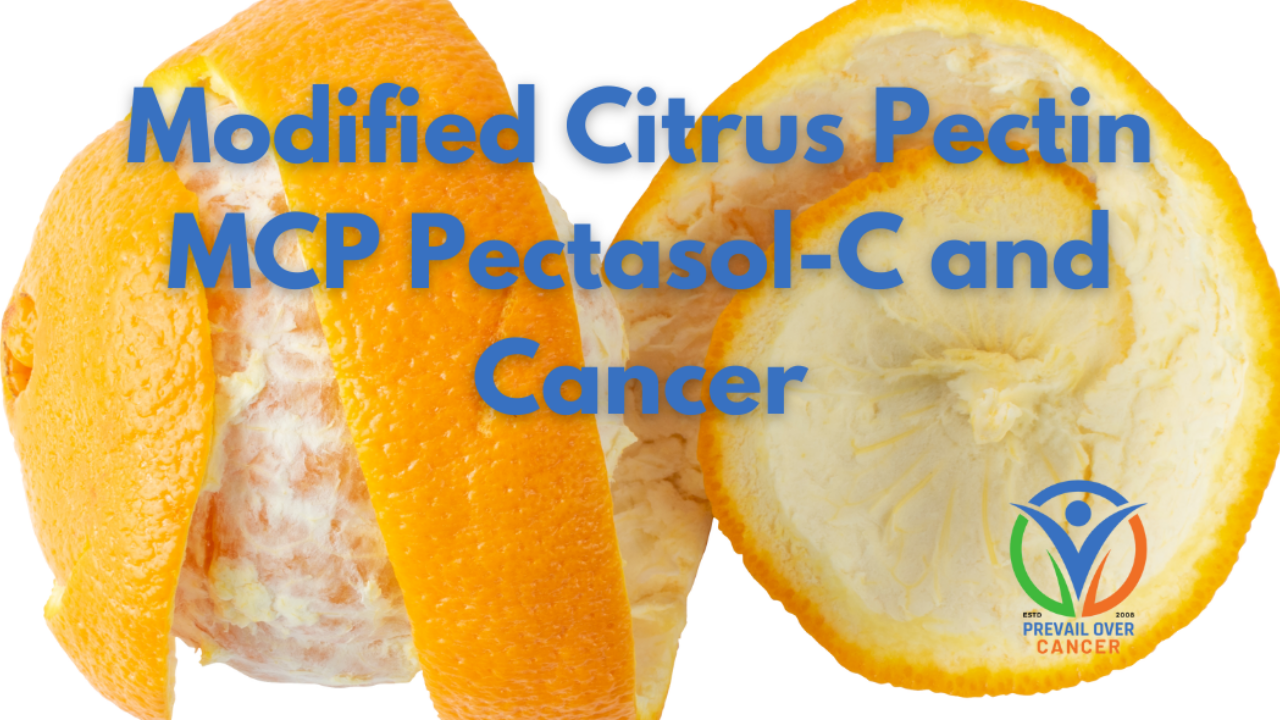Clove and Cancer

Researched and written by Keith Bishop, Clinical Nutritionist, Cancer Coach, and Retired Pharmacist.
Cloves are the dried flower buds of the evergreen tree Syzygium aromaticum. They are commonly used as a cooking spice and have been used in traditional medicine for centuries.
Clove, a spice native to Indonesia's Maluku Islands, has been esteemed for centuries in traditional medicine systems such as Ayurveda and Traditional Chinese Medicine (TCM). Historically, it has been utilized to address many ailments, including dental pain, digestive issues, respiratory conditions, and reproductive health concerns. The therapeutic properties of clove are attributed mainly to its rich phytochemical composition, notably eugenol, eugenol acetate, and β-caryophyllene, which confer antimicrobial, anti-inflammatory, analgesic, and antioxidant effects.[i]
In traditional practices, cloves were commonly employed to alleviate toothaches and oral infections, owing to their potent analgesic and antis...
PectaSol-C Cancer Guide

Modified Citrus Pectin MCP and Cancer
Researched and written by Keith Bishop, Clinical Nutritionist, Cancer Coach, and Retired Pharmacist
PectaSol is a form of modified citrus pectin (MCP) derived from the pith (the white, spongy layer between the outer peel) of citrus fruits. It has been modified to a specific molecular weight and structure to ensure bioavailability and systemic benefits. PectaSol is known for inhibiting galectin-3, a protein that promotes cancer growth and metastasis and cancer.[i]
How Does PectaSol Work?
PectaSol works by blocking galectin-3, which is involved in cancer cell adhesion, proliferation, and metastasis.[ii] By inhibiting galectin-3 and galectin-8,[iii] PectaSol can help prevent cancer cells from spreading and support the effectiveness of chemotherapy, radiotherapy, and cancer treatment. MCP, given orally, inhibits carbohydrate-facilitated tumor growth, angiogenesis (new blood vessel growth), and metastasis in the body via its effects on galectin-3 fu...
The Anticancer Effects of Boswellia (Frankincense)
Recent medical studies have shown promising anticancer effects, making it a potential natural treatment for cancer.
Written by Keith Bishop, Clinical Nutritionist, Cancer Coach, Author, and Retired Pharmacist
Boswellia serrata, or frankincense, has been used in traditional medicine for centuries. Recent studies have shown promising anticancer effects, making it a potential natural treatment for cancer.
Health Benefits of Boswellia
Boswellia offers a range of health benefits beyond its anticancer properties. Its potent anti-inflammatory effects make it helpful in treating conditions such as arthritis, inflammatory bowel disease (IBD), and asthma. Additionally, Boswellia can help reduce pain and improve respiratory health.[i]
Boswellia Anticancer Ingredients and Mechanisms
Boswellia's anticancer properties are primarily attributed to its active compounds, boswellic acids. These compounds inhibit the production of leukotrienes, molecules that contribute to inflammation and t...



